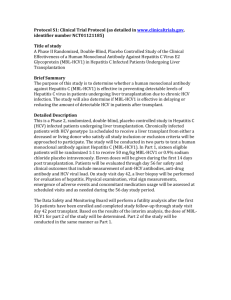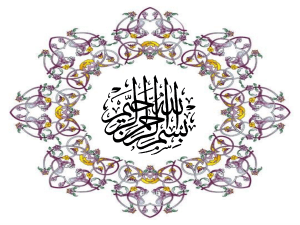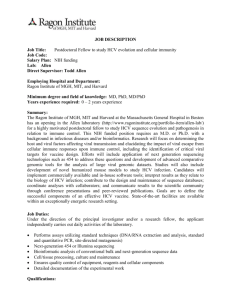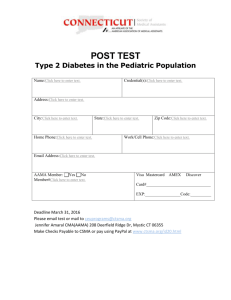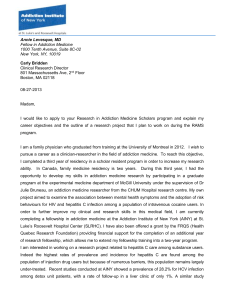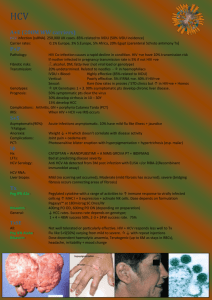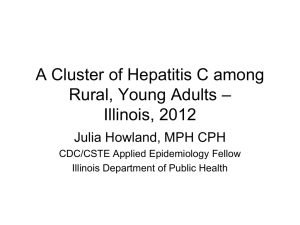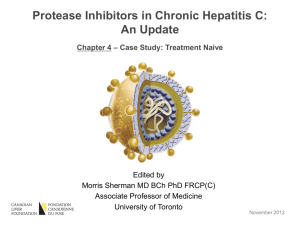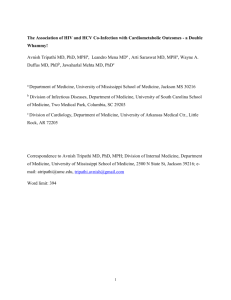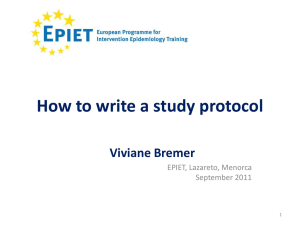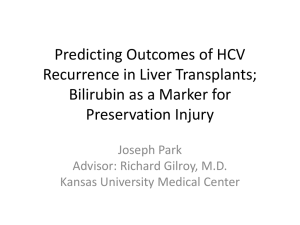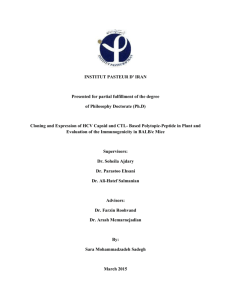annettemaczurek_252_20130625191221
advertisement
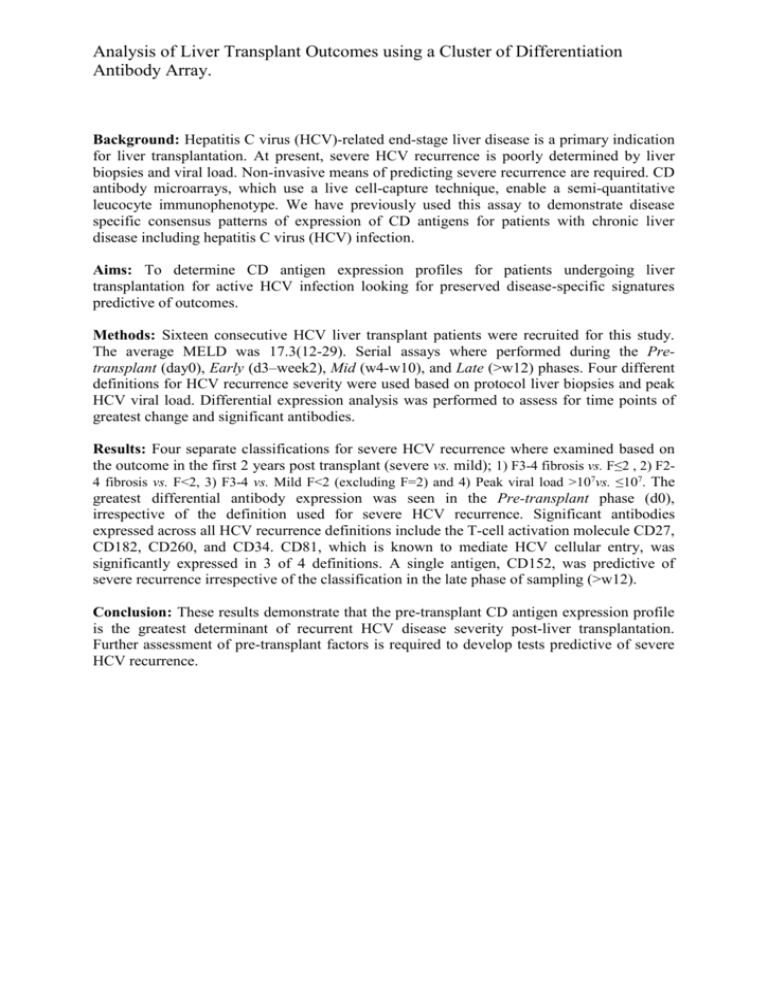
Analysis of Liver Transplant Outcomes using a Cluster of Differentiation Antibody Array. Background: Hepatitis C virus (HCV)-related end-stage liver disease is a primary indication for liver transplantation. At present, severe HCV recurrence is poorly determined by liver biopsies and viral load. Non-invasive means of predicting severe recurrence are required. CD antibody microarrays, which use a live cell-capture technique, enable a semi-quantitative leucocyte immunophenotype. We have previously used this assay to demonstrate disease specific consensus patterns of expression of CD antigens for patients with chronic liver disease including hepatitis C virus (HCV) infection. Aims: To determine CD antigen expression profiles for patients undergoing liver transplantation for active HCV infection looking for preserved disease-specific signatures predictive of outcomes. Methods: Sixteen consecutive HCV liver transplant patients were recruited for this study. The average MELD was 17.3(12-29). Serial assays where performed during the Pretransplant (day0), Early (d3–week2), Mid (w4-w10), and Late (>w12) phases. Four different definitions for HCV recurrence severity were used based on protocol liver biopsies and peak HCV viral load. Differential expression analysis was performed to assess for time points of greatest change and significant antibodies. Results: Four separate classifications for severe HCV recurrence where examined based on the outcome in the first 2 years post transplant (severe vs. mild); 1) F3-4 fibrosis vs. F≤2 , 2) F24 fibrosis vs. F<2, 3) F3-4 vs. Mild F<2 (excluding F=2) and 4) Peak viral load >107vs. ≤107. The greatest differential antibody expression was seen in the Pre-transplant phase (d0), irrespective of the definition used for severe HCV recurrence. Significant antibodies expressed across all HCV recurrence definitions include the T-cell activation molecule CD27, CD182, CD260, and CD34. CD81, which is known to mediate HCV cellular entry, was significantly expressed in 3 of 4 definitions. A single antigen, CD152, was predictive of severe recurrence irrespective of the classification in the late phase of sampling (>w12). Conclusion: These results demonstrate that the pre-transplant CD antigen expression profile is the greatest determinant of recurrent HCV disease severity post-liver transplantation. Further assessment of pre-transplant factors is required to develop tests predictive of severe HCV recurrence.
